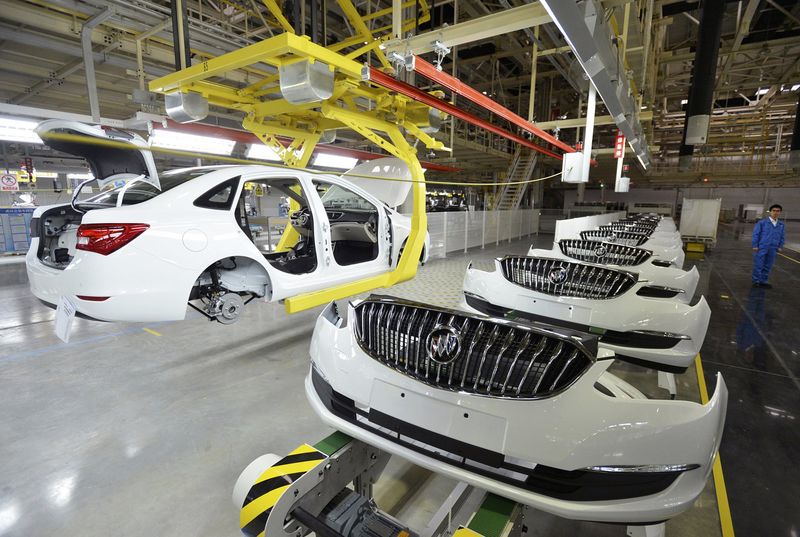This post was originally published on this site

WASHINGTON (Reuters) -General Motors said on Friday it will acquire SoftBank Vision Fund’s equity stake in the U.S. automaker’s self-driving car subsidiary Cruise for $2.1 billion, expanding GM’s stake to 80%.
Detroit-based GM added it will make an additional $1.35 billion investment in Cruise, replacing a previous commitment made by the SoftBank Vision fund in 2018. Softbank (OTC:SFTBY), which had previously invested $900 million in Cruise, did not immediately respond to a request for comment.
The purchase of the equity stake gives GM more time to work on self-driving cars before potentially launching a Cruise IPO that could allow other investors including Microsoft (NASDAQ:MSFT), Walmart (NYSE:WMT) and Honda to cash in on their stakes in Cruise.
In December, GM announced that Dan Ammann, then chief executive of Cruise, was abruptly leaving the company. A person briefed on the matter confirmed he was dismissed while another source said he and GM disagreed over when to take Cruise public.
Last month, Barra downplayed the need for a quick Cruise public offering. “There’s still so much that can be accomplished with a frictionless environment between Cruise and GM,” she said.
In February, the California Public Utilities Commission issued permits to Cruise allow for passenger service in autonomous vehicles with safety drivers present.
GM and Cruise also last month petitioned U.S. regulators for permission to build and deploy a self-driving vehicle without human controls like steering wheels or brake pedals. Cruise had once hoped to start its commercial robo-taxi service by the end of 2019.
SoftBank’s 2018 agreement committed it to investing another $1.35 billion when Cruise vehicles were ready for commercial deployment. “For GM it means they get more ownership in an exciting part of the GM story,” said David Whiston, Morningstar auto analyst.
Kyle Vogt, CEO and co-founder of Cruise, said in a series of tweets that Cruise would begin allowing employees to sell vested shares to GM once a quarter in an effort to give financial flexibility to employees.
Going public would be “a major distraction, especially right now,” he said, adding he wanted the company focused on scaling up a driverless ride-hail service launched in San Francisco.
GM spokesman David Caldwell said the deal showed GM’s belief in Cruise and simplified the ownership structure. He said that other shareholders in Cruise including Microsoft, Walmart and Honda had technology partnerships, such as a delivery project with Walmart.
“GM is leveraging the strength of its balance sheet to capitalize on the opportunity to increase its equity investment in Cruise and advance our integrated autonomous vehicle strategy,” Barra said in a statement.
SoftBank’s pledge in 2018 to invest $2.25 billion in Cruise was seen as a validation of GM’s leadership in the new technology of self-driving cars and the relatively high cost of GM’s initial purchase, estimated at $1 billion.


